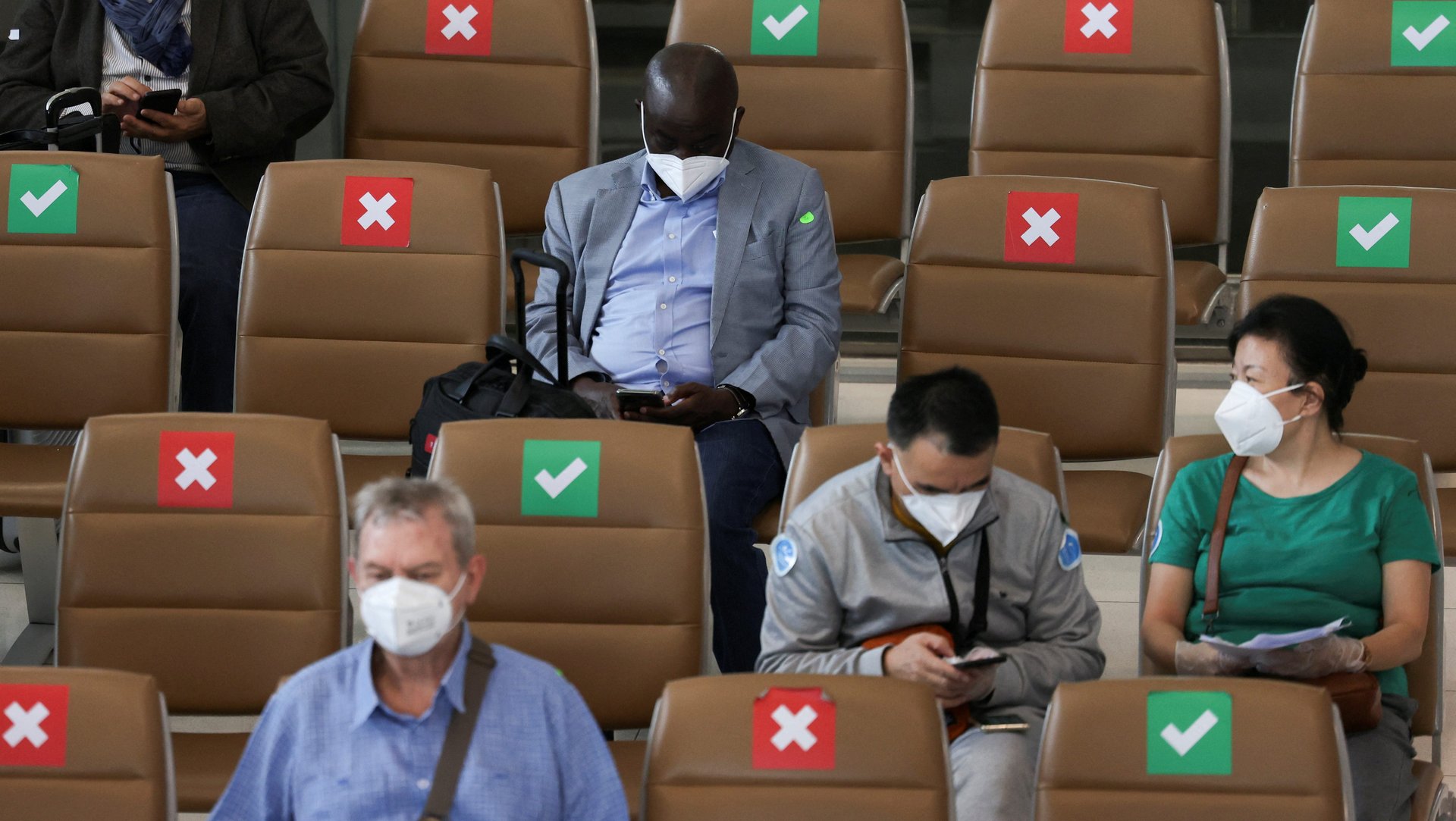How powerful is your country’s passport?
For the third year in a row, Singapore and Japan have the most powerful passports in the world


For the third year in a row, Singapore and Japan have the most powerful passports in the world. According to data from the International Air Transport Association, analyzed by immigration consultants Henley& Partners, citizens of those two nations can travel to 192 of 227 destinations without having to secure a visa.
On the bottom of the list—seven places below North Korea—is Afghanistan, where nationals can gain visa-free access to just 26 countries and territories. Several states severed diplomatic ties with the beleaguered country after the Taliban seized power in August.
Henley’s analysts point out that the latest ranking reflects the greatest disparity between nations at the top and bottom of the list since it began the survey 17 years ago.
Countries with the most powerful passports
The lowest-ranked countries for passports
Covid’s impact on borders
Of course, politics isn’t the only thing at play during a pandemic. Covid-19 has countries asking travelers to present an ever-changing list of entry forms, QR codes, and testing reports to secure entry, and the emergence of new variants has resulted in a number of wholesale travel bans between countries, however limited in duration.
Most recently, the highly transmissible omicron variant resulted in a kind of “travel apartheid” against poorer nations, UN secretary-general Antonio Guterres said last month. Speaking in New York, Guterres decried blanket travel bans based on nationality as both “deeply unfair” and ultimately ineffective; he argued that only regular testing will slow the spread of covid.
Swiss health expert Andreas Brauchlin raised an additional point in a recent blog post: The freedom and mobility of a country’s citizens is likewise impacted by which vaccines they have access to, and whether they’ve been approved by the World Health Organization. “Vaccine passports, which once held the hope of negating the requirement for travel restrictions, are likely to expire after certain time periods,” Brauchlin wrote. “Seemingly, an individual’s health and vaccination status are as influential on mobility as their passport’s visa-free access.”